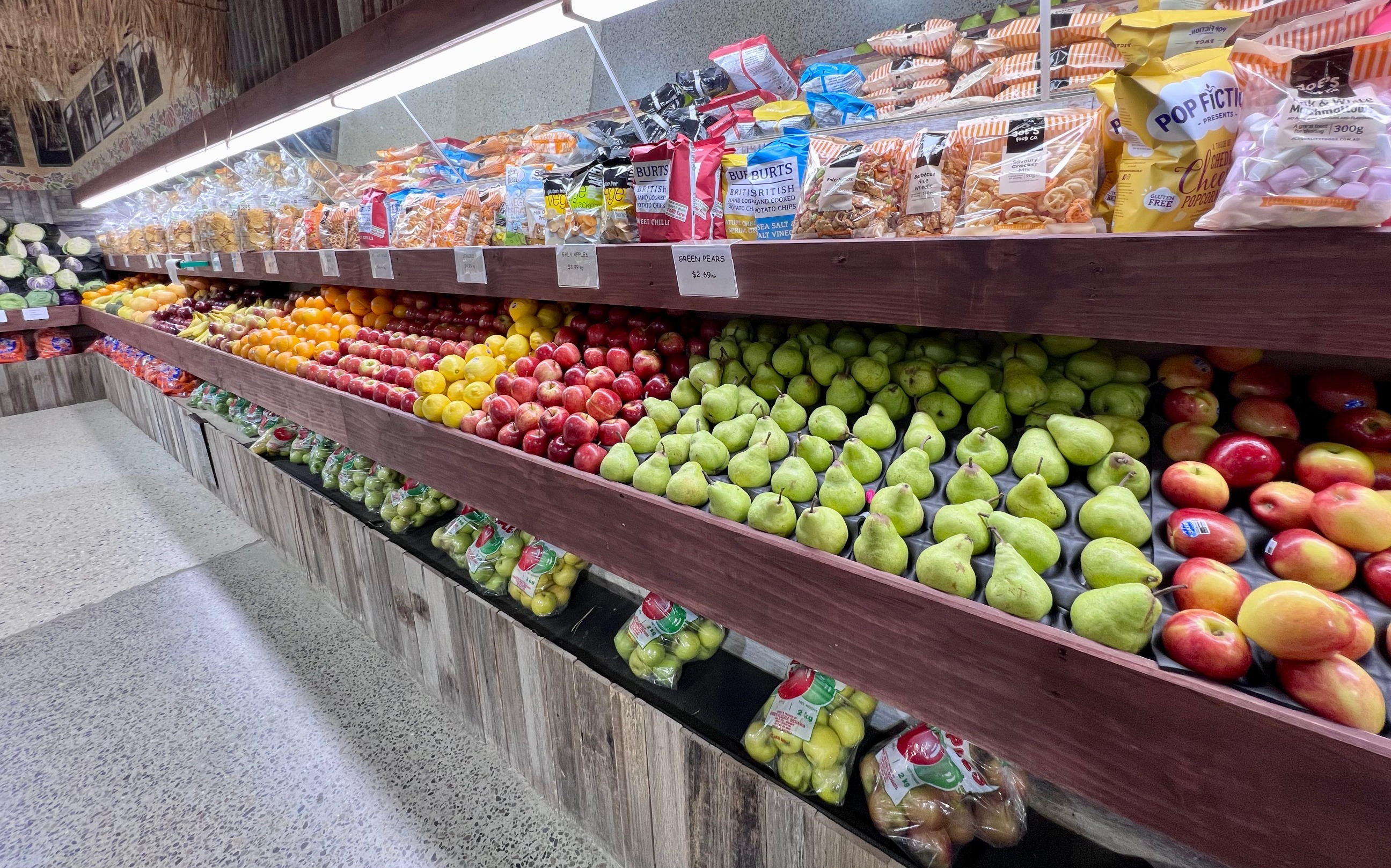Could Boutique Supermarkets Be the Way to Go?

Speciality Supermarkets
As the ACCC continues its investigation into Woolworths and Coles over alleged misleading pricing practices, consumers are increasingly questioning the dominance of these supermarket giants. The case, which involves claims such as “prices dropped” and “Down Down” not being as beneficial to consumers as advertised, has brought renewed scrutiny to the practices of major retailers.
In this environment, boutique supermarkets present a compelling alternative for both consumers and entrepreneurs alike. With over 300 supermarkets for sale in Australia is now the time to invest in a boutique, independent or smaller style supermarket?
The Rise of Boutique Supermarkets
The concept of boutique supermarkets has gained traction as consumer preferences shift towards local, fresh, and unique shopping experiences. Unlike their larger counterparts, boutique supermarkets cater to niche markets, offering specialized products, often locally sourced, that appeal to a growing base of health-conscious and environmentally aware consumers.
Buying a boutique supermarket allows owners to differentiate themselves by emphasizing personalized service and a curated selection of high-quality goods. Businesses like these boutique supermarket for sale offer investors a chance to own an established supermarket with a loyal customer base, a proven business model, and the potential for growth.
Types of Boutique Supermarkets and What They Offer
Boutique supermarkets come in a variety of forms, each catering to a specific niche or community. Here’s a closer look at some of the most popular types of boutique supermarkets and what they bring to the table:
1. Ethnic and Specialty Supermarkets (e.g., Indian, Asian, Greek)
These stores focus on providing products that cater to specific cultural or ethnic communities. For example, Indian supermarkets offer spices, ingredients, and ready-to-eat products that are essential for cooking traditional Indian cuisine but are often hard to find in mainstream supermarkets.
These stores attract not only customers from those communities but also those who are interested in exploring international flavors. Specialty supermarkets like these are able to carve out a loyal customer base by delivering an authentic shopping experience, often importing goods that large chains don’t stock.
2. Health Food Supermarkets
As consumers become more health-conscious, the demand for stores that prioritize organic, gluten-free, vegan, or allergy-friendly products has skyrocketed. Health food supermarkets cater to these needs, offering a wide range of organic produce, natural supplements, and clean-label products free from artificial preservatives or chemicals. These stores appeal to customers looking for premium, ethically sourced, and often eco-friendly products.
Popular examples of health-focused stores include brands like Whole Foods and small independent health food outlets.

3. Independent Grocers
Independent supermarkets focus on providing personalized service and a carefully curated selection of products. Often family-owned, these stores rely on deep community ties and customer loyalty to compete with larger chains. Their offerings typically reflect local preferences, such as carrying locally sourced meat, dairy, and produce. Many independent supermarkets thrive by focusing on customer service and adapting their product range to meet specific local demands.
These stores may not have the scale of Woolworths or Coles, but their flexibility allows them to quickly adjust to consumer trends.
4. Independent Grocers of Australia (IGA)
IGA supermarkets operate on a franchise model but retain the essence of independent ownership. Each IGA store is independently owned and operated, allowing it to tailor its offerings to the local market. While benefiting from national buying power, IGA stores maintain a more personalized shopping experience compared to the big supermarket chains.
The flexibility of IGA supermarkets means that they can offer a mix of mainstream brands alongside locally sourced products, providing a competitive edge for those looking to enter the market under an established brand name with a more community-focused approach.
The ACCC's Investigation into Woolworths and Coles
The recent Australian Competition and Consumer Commission (ACCC) investigation into Woolworths and Coles is shining a spotlight on the practices of the supermarket giants. The ACCC has taken Woolworths and Coles to court over allegedly misleading claims, such as “prices dropped” and “Down Down,” which many consumers believed indicated ongoing price reductions. Instead, it was found that some prices were actually increased or only temporarily reduced, leaving consumers feeling misled.
This case underscores the challenges faced by consumers and small businesses in the face of corporate power. Woolworths and Coles, which control over 60% of the supermarket market share in Australia, have long been criticized for their dominance, and this investigation only adds to the scrutiny surrounding their practices.
For boutique supermarket owners, this presents an opportunity to capitalize on the trust and authenticity that consumers crave. Shoppers are increasingly looking for alternatives to the big chains, preferring the transparency, local produce, and ethical sourcing that boutique supermarkets are known for. This trend could further fuel the shift towards supporting smaller, independent stores.
Why Now is a Good Time to Invest in Boutique Supermarkets
In light of these market dynamics, investing in a boutique supermarket could be a wise move for prospective buyers. With rising consumer demand for sustainable and locally produced food, combined with the public’s growing disillusionment with corporate supermarket chains, boutique supermarkets are uniquely positioned to thrive.
Here are some of the current opportunities:
- Magnificent Supermarket Available Near Ashwood - VIC - $700,000
- Afghan Traders Wholefoods - NT - $150,000 + SAV
- Indian Grocery And Sweets Shop For Sale Taking 65k - VIC - POA
Additionally, boutique supermarkets allow for more flexibility in tailoring the business to the community it serves. From offering regional specialties to hosting local events, these smaller stores can create a sense of community that large supermarket chains simply cannot replicate.
With increasing consumer demand for transparency, quality, and personalized service, and the scrutiny on major players like Woolworths and Coles intensifying, the time to consider investing in a boutique supermarket is now. Entrepreneurs looking for a more tailored and community-focused business model will find that boutique supermarkets offer both financial potential and the satisfaction of meeting consumer demand in a meaningful way.
Tags: supermarkets news accc buying a business business for sale
About the author

Vanessa Lovie
CEO Bsale Australia
Vanessa is the current manager and CEO of Bsale Australia. Over the past 11 years as a business owner, she understands what it takes to grow a ...





